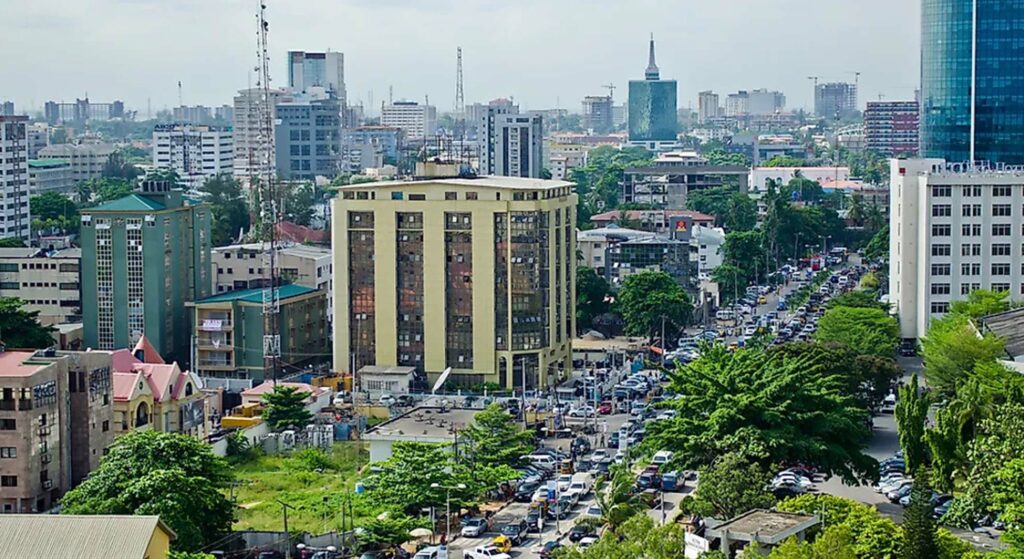|
Getting your Trinity Audio player ready...
|
In a bid to bolster its financial landscape, Nigeria's cabinet greenlit a $1 billion concessionary loan from the African Development Bank (AfDB) aimed at fortifying the budget and augmenting foreign exchange reserves, revealed Finance Minister Olawale Edun on Monday.

Support and Loan Terms
Edun, addressing reporters post-cabinet meeting in Abuja, disclosed that the AfDB loan comes with an interest rate of 4.2% over 25 years, accompanied by an initial eight-year moratorium period.
The support aims to enhance forex availability and back government programs in pivotal sectors like power, social inclusion, and comprehensive fiscal policy reforms.
Budget Adjustments and Economic Reforms
The cabinet endorsed an upward revision of Nigeria's 2024 budget by 1.5 trillion naira to reach 27.5 trillion naira ($32.76 billion). This revision followed the elevation of the oil price benchmark and the downward adjustment of the naira exchange rate assumption.
Edun emphasized the loan's role as a support fund for ongoing economic reforms, particularly focusing on steering reforms in the power sector, fostering social inclusion, and bolstering fiscal policy measures across sectors.
Refinancing to Alleviate Debt Service Pressures
Addressing the issue of mounting debt servicing costs, the cabinet approved a 2 trillion naira cap for debt refinancing, seeking to curtail these expenses. With the intent to offset the burden of high-cost government debt, Nigeria aims to seize the opportunity to refinance expensive debt with more affordable funding options, thereby potentially saving around 50 billion naira or more in debt servicing over time.
Reviving Economic Prospects
President Bola Tinubu has initiated sweeping reforms, marking a departure from long-standing practices such as the costly petrol subsidy and the complex multiple exchange rate system that artificially propped up the currency.

These reforms aim to revitalize the economy, attract investments, and drive growth—a critical strategy amid nearly a decade of sluggish economic performance, tackling high debt ratios, and combating double-digit inflation.
The measures undertaken under Tinubu's administration underscore a proactive drive to reshape Nigeria's economic landscape, fostering a conducive environment for growth, fiscal prudence, and investor confidence—a pivotal step towards long-term economic resurgence.







